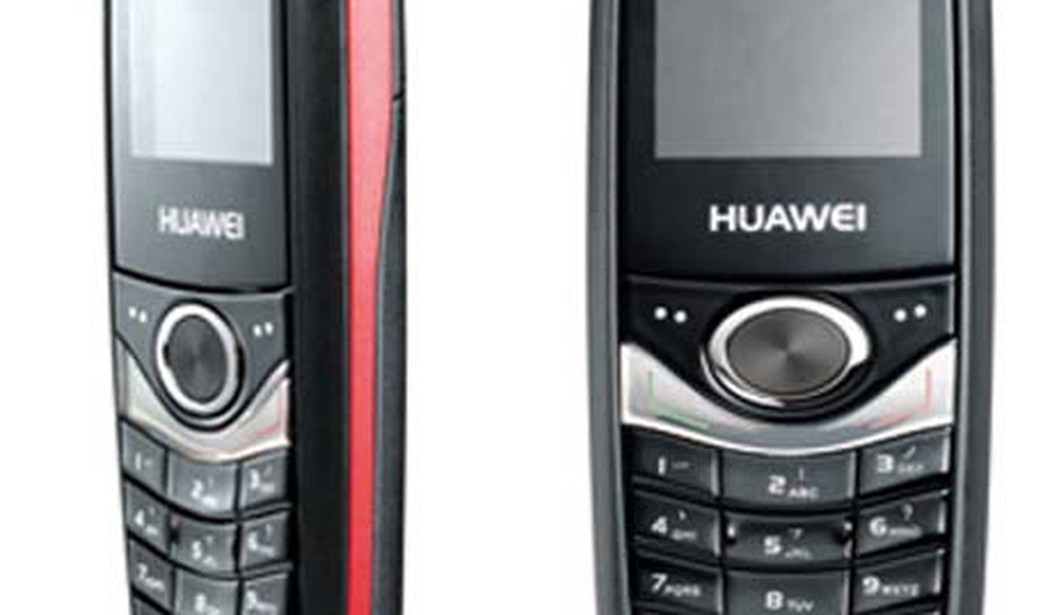The Republican and Democratic intelligence leaders in the House have intensified their probe into whether Chinese telecom companies are poised to spy here for the People’s Republic.
Reps. Mike Rogers (R-Mich.) and Dutch Ruppersberger (D-Md.), respectively chairman and ranking member of the House Intelligence Committee, recently returned from meeting leaders of Huawei and ZTE to dig deeper into the companies’ links to the Chinese government.
Huawei is the second-largest supplier of mobile telecommunications infrastructure equipment in the world; corporate partners include Motorola, T-Mobile, and Cox Communications with items such as modems and cable boxes. It also owns 51 percent stake in a joint venture with Symantec, and bid for a Sprint contract in 2010.
The concern with the piqued interest in American investment is that the companies’ equipment is manufactured to allow unauthorized access by the Chinese government. The Wall Street Journal reported last fall that Huawei’s telecommunications equipment in Iran had added surveillance capabilities, something the company denied.
In March, the Australian government, on advice of its national security service, reportedly decided to keep Huawei out of the bidding process to work on its national broadband network.
ZTE Corporation, founded as a state-owned enterprise with ties to China’s aerospace ministry, is the world’s fourth-largest manufacturer of mobile phones. Its Score mobile phone can easily be accessed remotely, sparking concern about handset security. In 2010, the company sold Iran’s state-owned telecommunications company equipment for spying on phone and online communications.
Intelligence committee investigators have already traveled to Shenzhen, China, twice to probe the risk to America’s infrastructure.
Rogers and Ruppersberger returned from their meetings with more questions, releasing today letters sent to the company heads asking for additional information and documents.
“I remain concerned about the national security threat posed by the potential expansion of Huawei and ZTE into our telecommunications infrastructure,” Rogers said.
“I appreciate the cooperation from Huawei and ZTE thus far, and look forward to receiving more information about their activities as well as the influence of the Chinese government in their operations,” he added. “We must get to the bottom of these issues before the companies have further access to our market.”
The letters request details of the companies’ meetings with Chinese government ministries and officials over the past five years, including the Ministry of State Security and Ministry of National Defense.
The correspondence to ZTE notes that the company received a nice deal from the China Development Bank in 2009 — a $15 billion credit line even though the firm’s annual revenue was $8.4 billion, and three years without interest payments. “How was ZTE able to receive a favorable bank loan in excess of annual revenue?” the lawmakers ask. “Please explain in detail how ZTE operates as an ‘intermediary & bridge between operators and financial institutions’ when arranging customer financing with Chinese banks.”
They also ask the company for details on its “surprising statement” in a May 14 submission to the committee “that it has no knowledge of any cybersecurity incidents.”
Among the requests are also questions about whether the company has been directed to do something by the communist government, about the company’s state-party roots, and about the breakdown of ZTE employees within the U.S including national origin.
Huawei received similar questions about connections to the state, including about the company’s “Party Committee” that officials haven’t described to the committee in any sort of detail.
Rogers and Ruppersberger asked for full details on every contract for goods or services provided in the U.S. in which Huawei or one of its subsidiaries is a party (including white-label equipment rebranded by communications carriers), and how the company plans on competing in the U.S. if not, as Huawei officials claimed, by cheaper prices.
“We appreciated the candid discussion about the investigation and the opportunity for continued follow-up and dialogue. As I told these companies directly, the security of our telecommunications infrastructure and networks is one of my biggest concerns,” Ruppersberger said today.
“While I appreciate the need for international competition, it is my responsibility to look critically at foreign companies, especially those whose government continues to conduct cyber espionage against U.S. enterprises.”









Join the conversation as a VIP Member